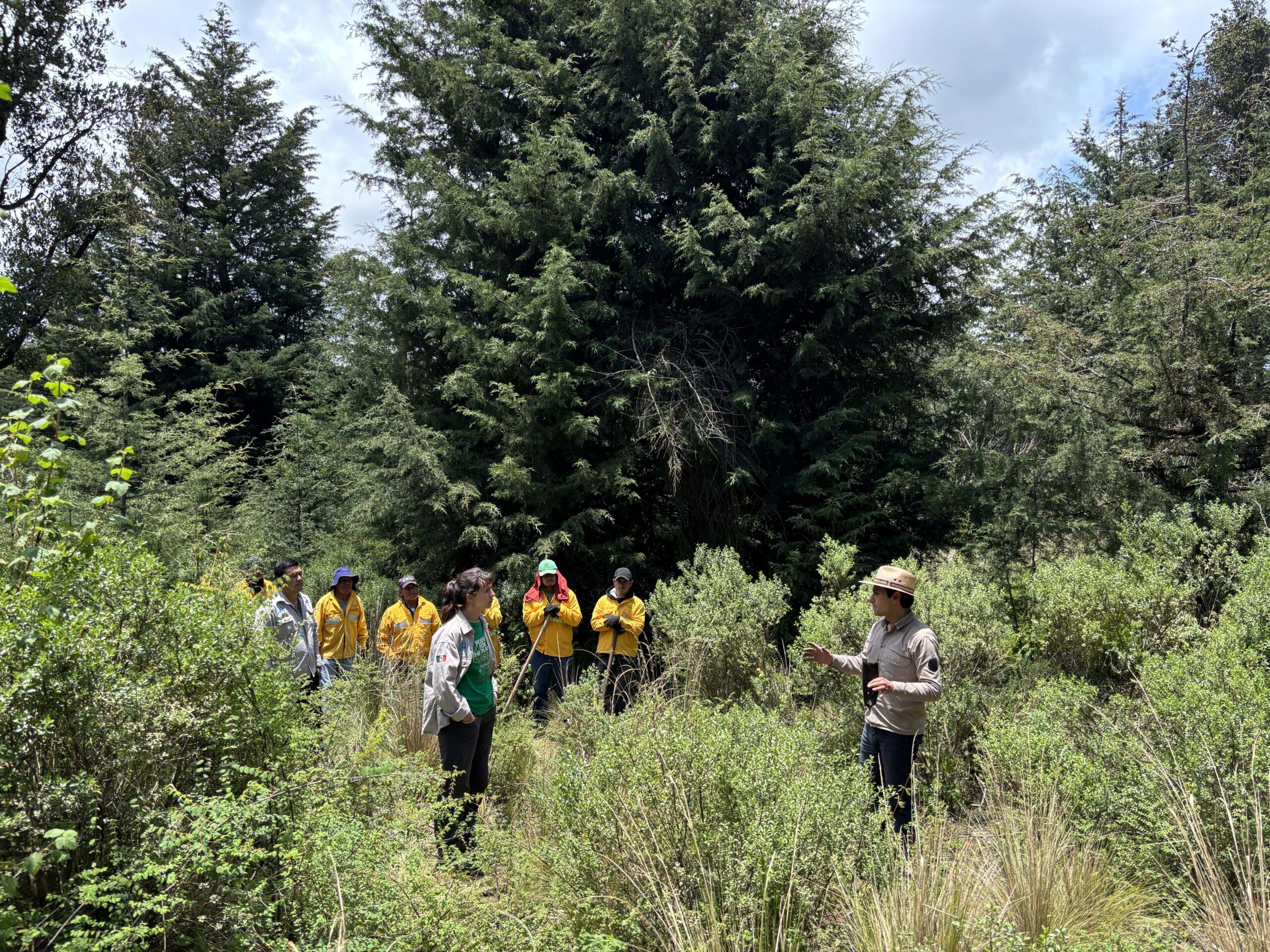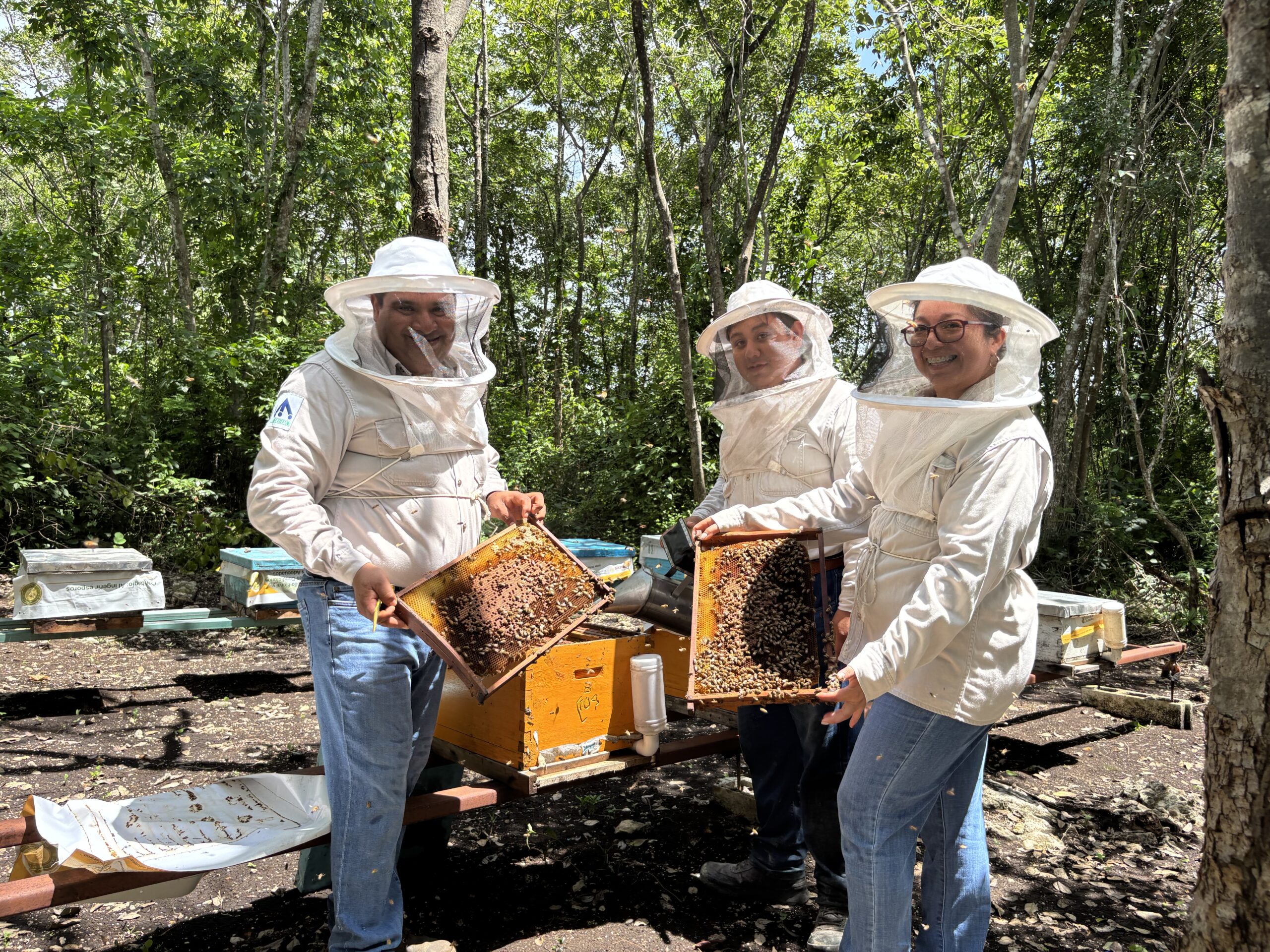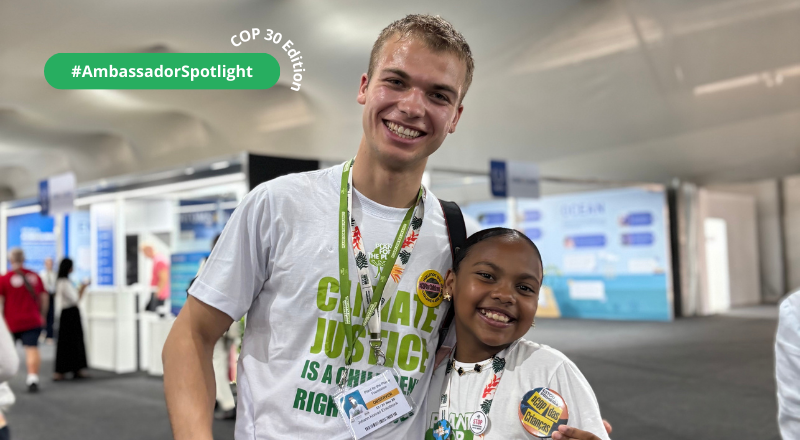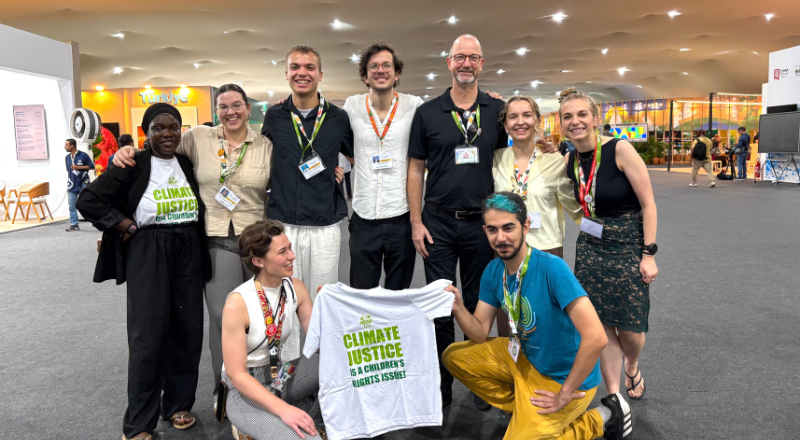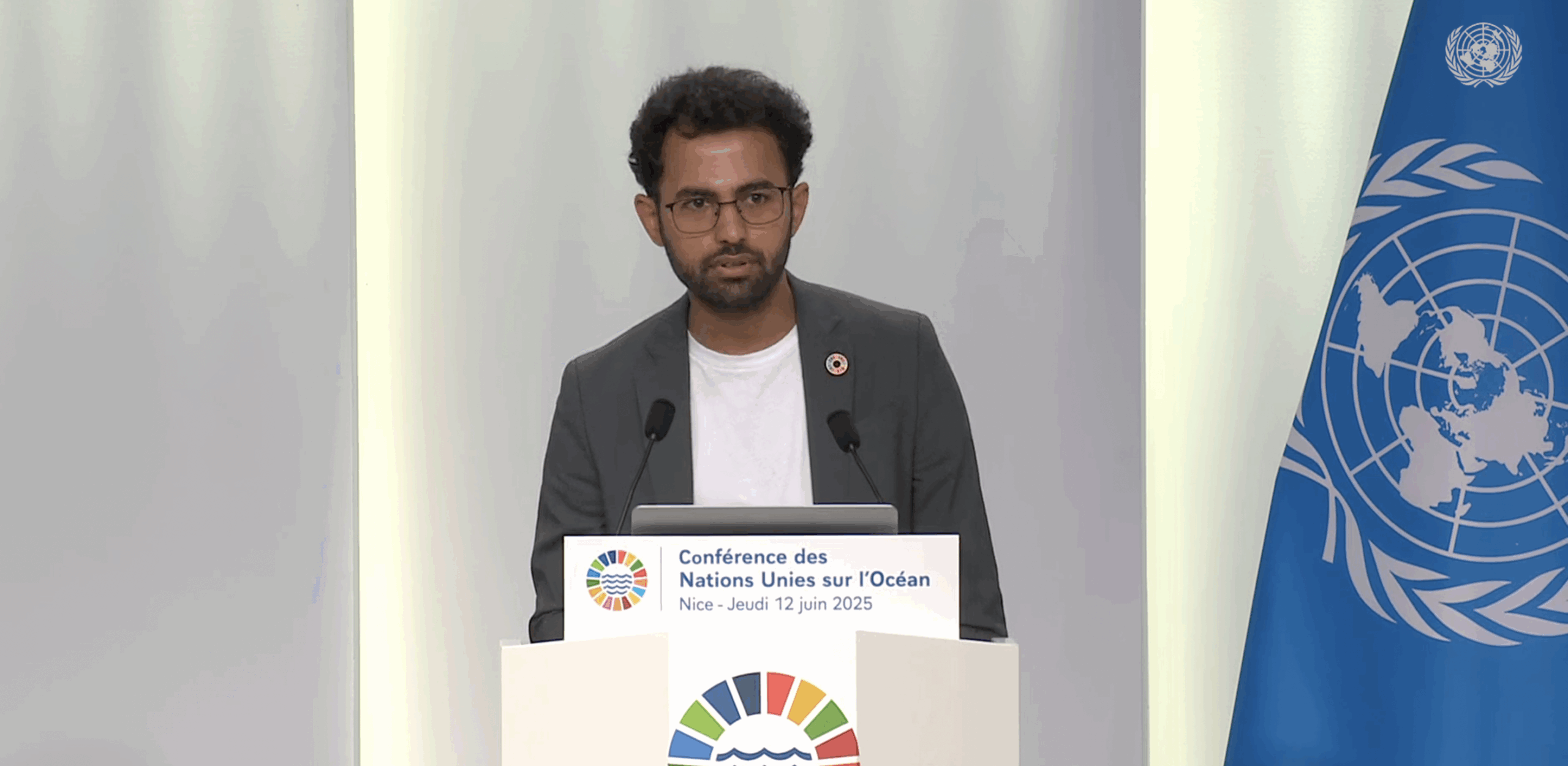
You might wonder: What does a tree-planting organization have to do with the ocean?
Well, ecosystems are not isolated. Forests, oceans, and people are deeply connected, and we cannot protect or restore one without caring for the others.
That’s why Plant-for-the-Planet took the floor of the 2025 UN Ocean Conference (UNOC) in Nice. Speaking on behalf of over 100,000 Climate Justice Ambassadors, we called on governments to act, not with applause, but with urgency.
“The ocean doesn’t need applause. It needs protection.” – from human greed and the desire to exploit what we do not even understand, to extract profit from ecosystems older than civilization, and to treat the deep sea as a mine rather than a mystery.
What Happened at the UN Ocean Conference?
The 2025 UNOC was about more than meetings. It was about choices.
With SDG 14, Life Below Water, far off track, we came together to push for real protection of the ocean, especially areas that don’t fall under any single country’s control.
A key focus was the BBNJ Treaty, the Agreement on Biodiversity Beyond National Jurisdiction, finally adopted by the United Nations after nearly two decades of negotiations.
While 136 countries have signed the treaty, a largely symbolic first step, true progress depends on ratification. This requires formal approval from each country’s parliament or congress, a far more complex and politically challenging process. Until at least 60 countries ratify, the agreement cannot take effect. You can follow the latest progress on BBNJ Treaty ratifications here.
And, watch our address the Official Plenary of the 2025 UN Ocean Conference:
At the UN Ocean Conference 2025 in Nice, I spoke on behalf of all our Climate Justice Ambassadors, reminding the world that climate justice must be holistic because the impact can be felt everywhere. Watch my message from the global stage.
What Laws Already Exist — and What BBNJ Adds
Before BBNJ, the ocean was already governed by international law, mostly under the UN Convention on the Law of the Sea (UNCLOS), signed in 1982. UNCLOS defines:
- Where countries can fish and drill (Exclusive Economic Zones)
- Rights over shipping routes and seabed minerals
- How disputes between countries are resolved
But UNCLOS has gaps. It doesn’t:
- Establish marine protected areas in the high seas
- Require environmental impact assessments for all activities
- Ensure fair access to marine genetic resources
- Give civil society a formal role in decision-making
This is where the BBNJ Treaty steps in. It adds:
- A framework to establish protected areas in international waters
- Rules for environmental impact assessments before high-risk activities
- A system for sharing marine genetic resources equitably
- Provisions for transparency, capacity building, and cooperation
In short: BBNJ is the ocean’s Paris Agreement, a global pact for biodiversity in places no one country owns, but every country affects.
But There’s a Threat We Need to Talk About: Deep Sea Mining
You’ve heard of deforestation, slashing through ecosystems before we even understand what we’re destroying. Now imagine that, but underwater. In the dark, fragile, and barely explored deep sea. That’s what deep-sea mining is.
Companies and governments are pushing to mine metals from the ocean floor, claiming they’re essential for green technology. But we barely understand what’s down there. Scientists estimate that over 90% of deep-sea species remain undiscovered. The exact number is debated, but the truth is clear: we risk wiping out life before we even know it exists. This isn’t a distant threat.
In April 2025, a U.S. presidential executive order directed federal agencies to accelerate deep sea mining, aiming to make the United States a global leader in seabed extraction. The U.S. is not a party to the International Seabed Authority, but its actions are legal under domestic law, fueling a dangerous race to the bottom.
The risks are enormous. Deep sea mining could:
- Destroy entire ecosystems with heavy machinery
- Create massive sediment plumes that smother marine life
- Introduce toxins and noise pollution across the water column
Unlike forests, some deep-sea corals can take thousands of years to grow, and once destroyed, they may never recover within a human lifetime.
The International Seabed Authority (ISA) governs mining in the deep sea, but so far, its rules are vague, and public oversight is limited. The BBNJ Treaty, while not directly regulating mining, strengthens the tools to slow it down, demand impact assessments, and protect critical zones.
Learn more about deep-sea mining in this video.
Why We Spoke Up — and Why We’ll Keep Going
We plant trees because we believe in restoring balance. But it’s not true restoration if we heal forests while turning our backs on the ocean. Justice means caring for every part of our planet, not protecting one while sacrificing another.
The health of our oceans is deeply connected to the work we do and the communities we serve. Coastal forests and mangroves, vital ecosystems in the fight against climate crisis, rely on stable ocean conditions to thrive. Many of the communities we partner with depend directly on healthy oceans for their livelihoods, through fisheries and access to clean water. On a global scale, the climate itself is shaped by ocean currents and the sea’s capacity to absorb carbon dioxide. And beyond these practical reasons lies a moral imperative: we must not destroy what we don’t yet fully understand. With so much of the ocean, and its biodiversity, still unexplored, protecting it is not just smart, it’s right.
Our Call to Action from UNOC
As the 2025 UN Ocean Conference wraps up, one message stands out loud and clear: the time to act is now. First, the BBNJ Treaty must be ratified immediately, not someday in the future or when it’s convenient, but right now. Our oceans can’t afford to wait. Next, we need to open up ocean data, making it accessible so that communities and civil society have the tools to monitor and protect what truly matters. Finally, youth and civil society must be brought to the decision-making table, not just as symbols, but as genuine co-creators of the solutions our oceans desperately need.
The ocean is not a mine. It is not a resource to be emptied. It is a miracle, a foundation of life, and a realm we still barely understand. If we destroy it before we even know what we’ve lost, that will be the greatest failure of all.

